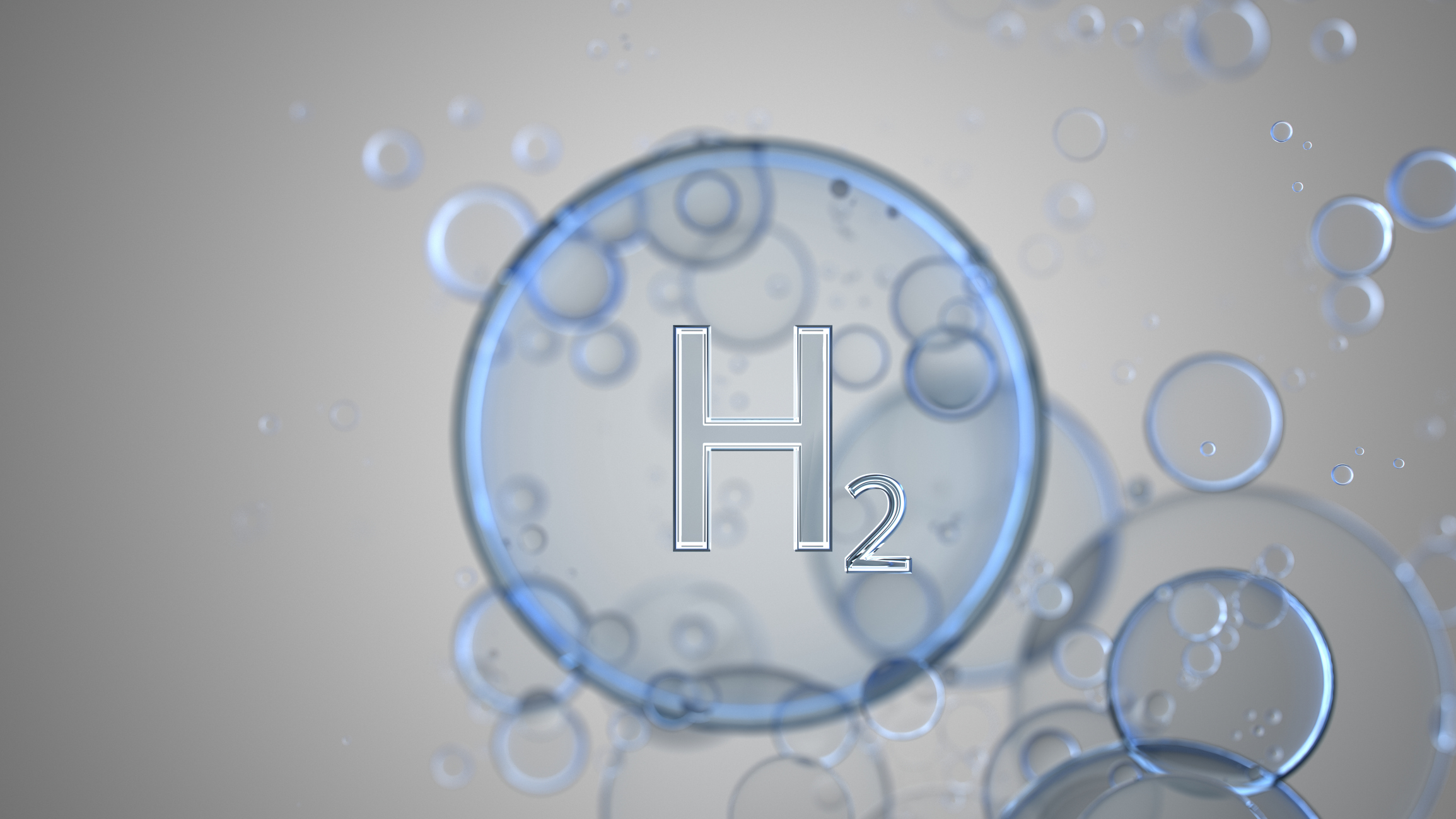E-PEC
Enhanced Photocatalytic Electrochemical Cells (PEC) for Green Hydrogen Production: Surfaces to Break the Cost and Production Yield Barriers of PEC

In Brief
- Challenge: Energy Innovation Challenge
- Challenge Type: National Challenge Fund
- Status: Active
The Challenge
We need to reduce our dependence on fossil fuels to address the climate crisis, and protect our economy in the face of fuel supply disruption caused by geopolitical events, affecting all of society. Hydrogen is an alternative fuel with the potential to help displace fossil fuels. However, non-green hydrogen production can generate significant amounts of greenhouse gases. Generation of hydrogen through the splitting of water by solar energy using semiconductors is attractive for Green hydrogen production. But there are significant challenges in achieving cheap and efficient conversion of water into hydrogen, requiring further investigation of advanced manufacturing techniques and materials.
The Solution
This project will work to improve our understanding of the production of hydrogen using photocatalystic electrochemical cells, also known as PECs, and make it more efficient. PECs contain an anode and a cathode, at which water is split to produce hydrogen in sunlight. Our project will be an ambitious, comprehensive study of silicon photo-anodes coated with protective tunnel-oxide layers through the use of modern fabrication techniques, which may overcome problems faced in hydrogen production in the past. We will use expertise and research methodologies typically only applied in large-scale microelectronics reliability research to understand exactly how the photo-anodes are behaving. We will seek improvements in the surface area available for catalytic activity and examine the effects of surface texture and water quality on the process.
We will bring a multidisciplinary approach combining chemistry, laser processing, materials science and bubble dynamics developments (bubbles released during hydrogen production) to make green hydrogen production more efficient.
The Team
- Team Lead Prof Dermot Brabazon, Dublin City University
- Team Co-Lead Dr Mercedes Vazquez, Dublin City University
Societal Impact Champion
- Dr Samantha Fahy, Dublin City University